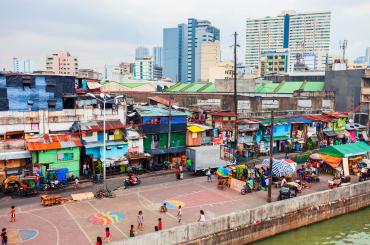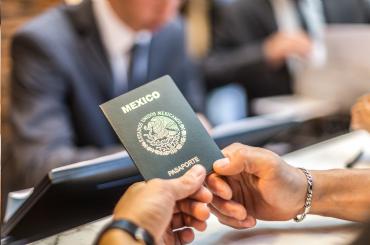
migration
-

How immigration supported agricultural development and structural transformation in Brazil
Immigration can foster agricultural development while accelerating, rather than delaying, structural transformation in developing economies.
-

How childhood migration shapes educational outcomes
Migration can act as a powerful tool for upward mobility. Evidence from Indonesia indicates that the benefits of migration depend on a household's initial education level, the age at which a child migrates, and the origin and destination locations.
-

Do local experiences or national narratives drive anti-migrant sentiment?
Local exposure to Venezuelan migrants does not necessarily lead to a rise in local xenophobia. In fact, evidence suggests that anti-migrant sentiment is a national-level phenomenon, driven by national narratives and divorced from local experiences wi...
-

Who migrates from developing countries?
New data from 99 developing countries challenges conventional wisdom in development policy. People whose labour has higher returns at home are more likely to migrate.
-

How does international migration affect economic development back home?
Income increases for international migrants from the Philippines fostered economic development and investments in education in migrant-origin communities.
-

Improving land security enabled structural transformation in China
Insecure land property rights are an important constraint on migration, structural transformation, and productivity growth, as much as all other labour mobility barriers in China
-

Understanding rural-urban migration in the developing world
How does encouraging rural-urban migration in the developing world impact welfare?
-

Coming home to prosperity: How return migration promotes economic development
Evidence from Mexico shows how migrants can foster local economic development after returning to their countries of origin
-

Hitting the jackpot: The high returns of a Malaysia visa lottery for Bangladeshi workers
International migration can be transformative for low-skilled workers and their families, and governments can play important roles to ease the visa intermediation process, lower upfront costs, and ensure safer migration